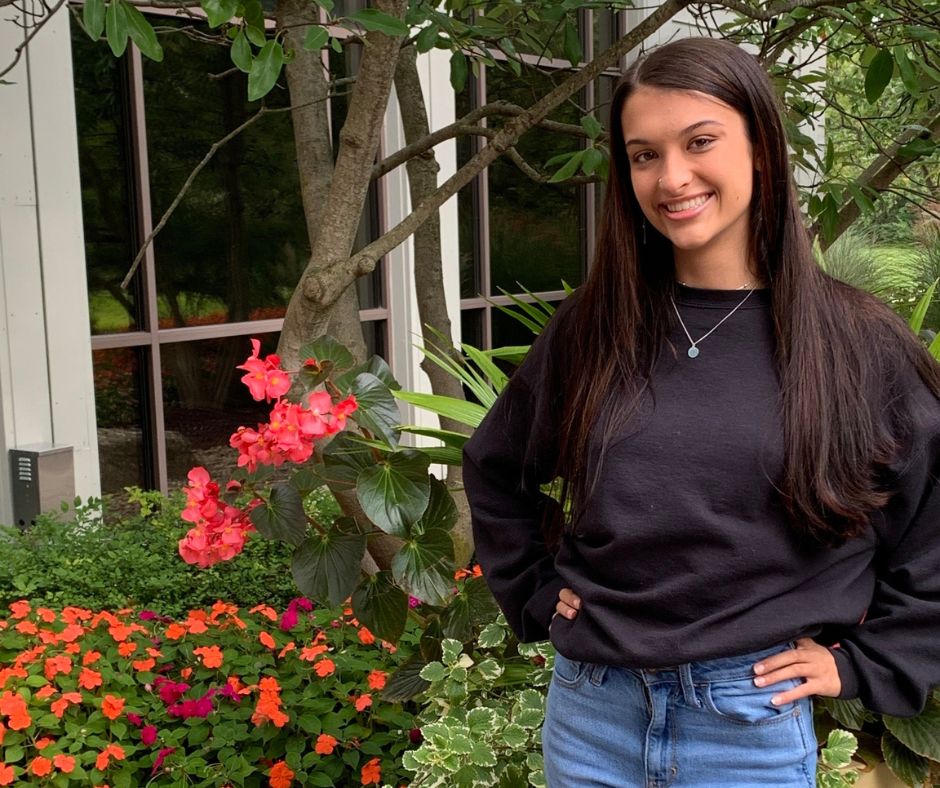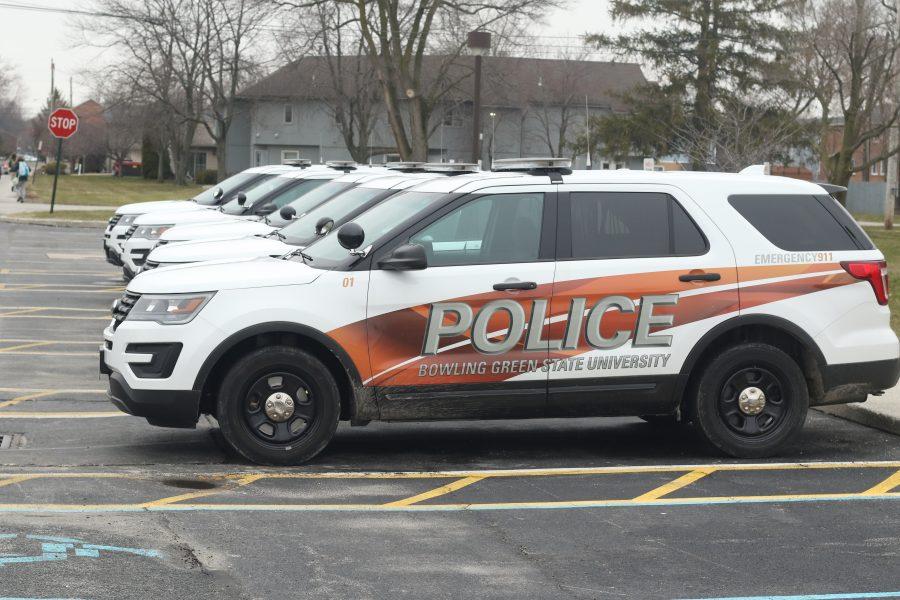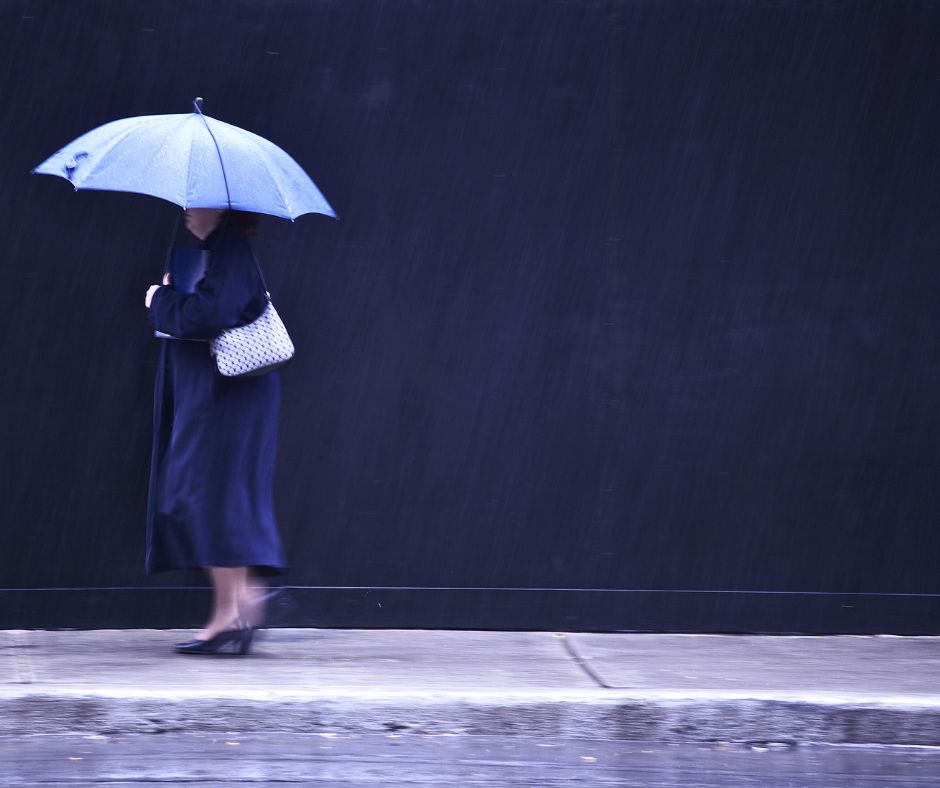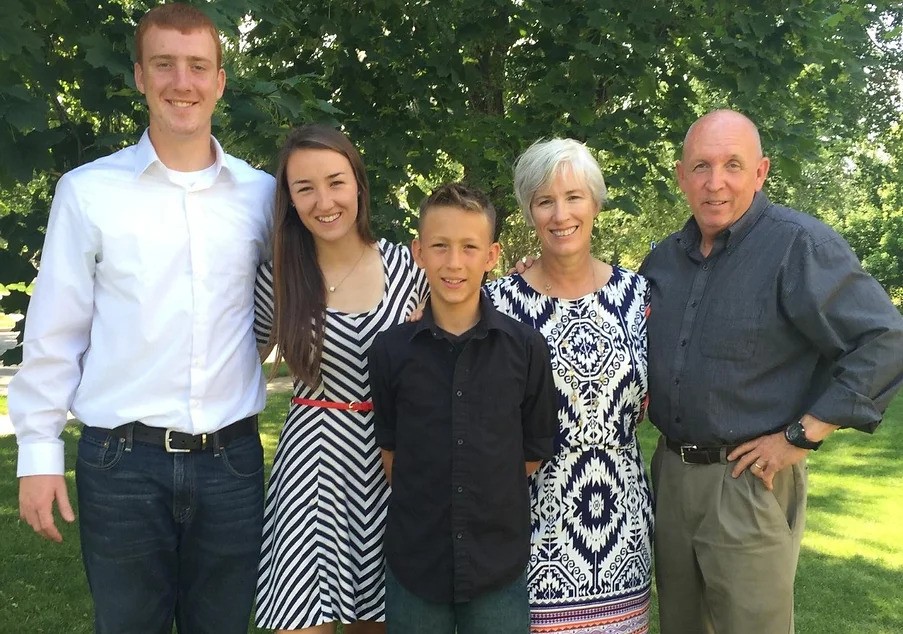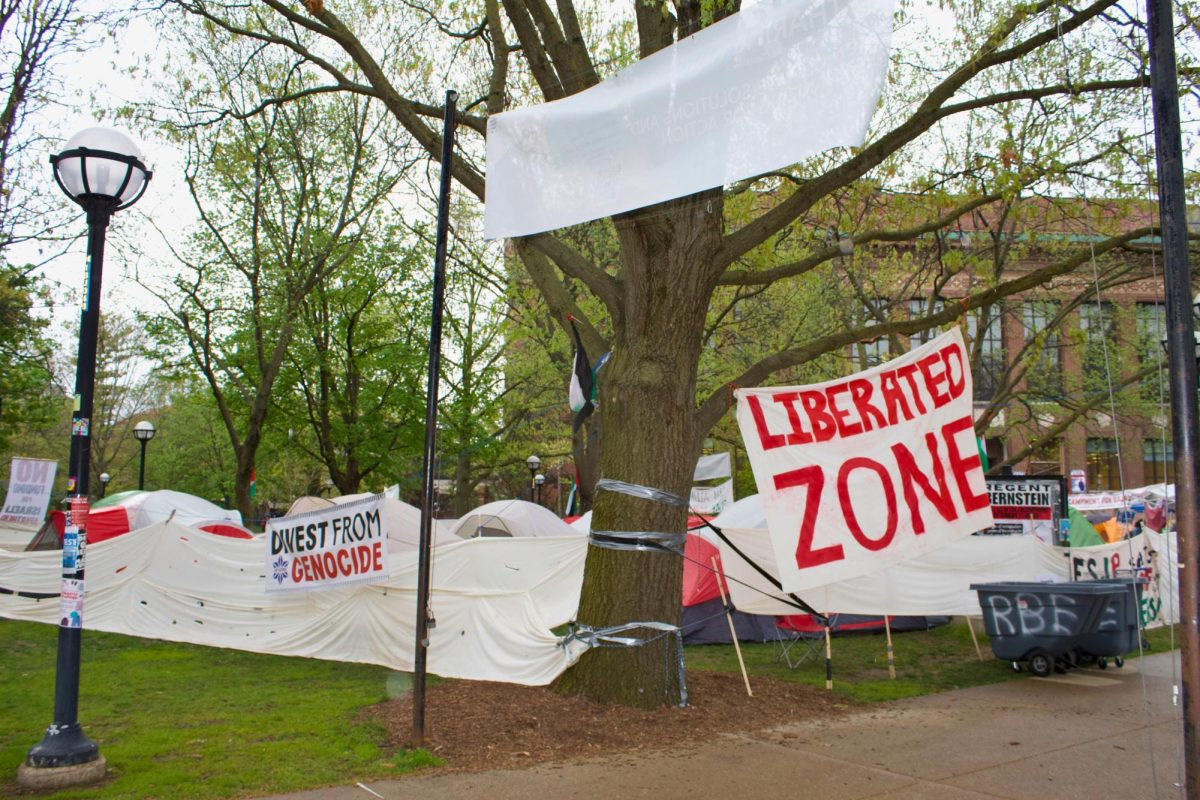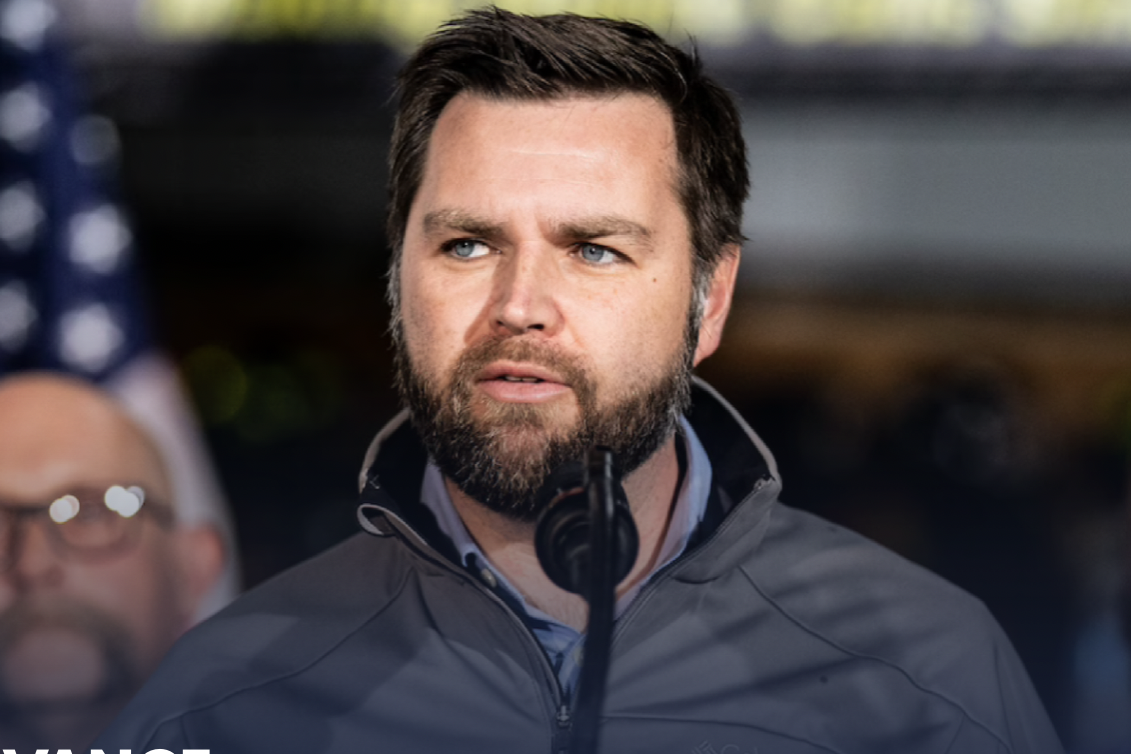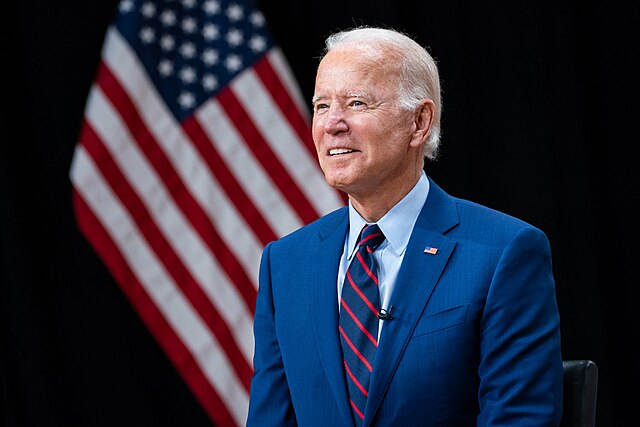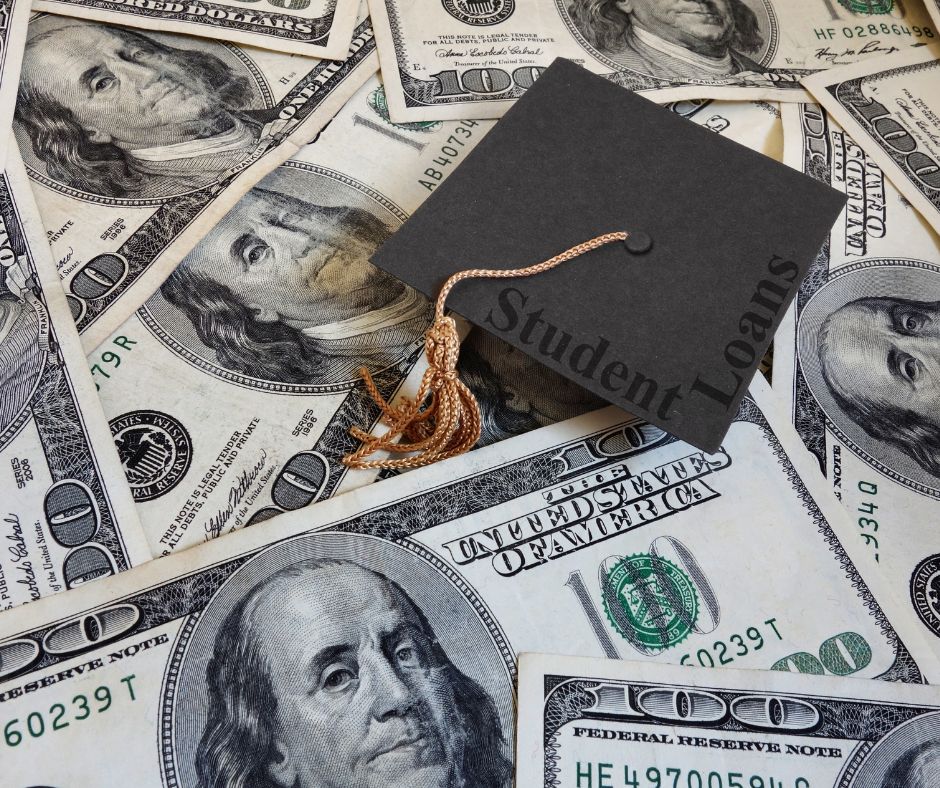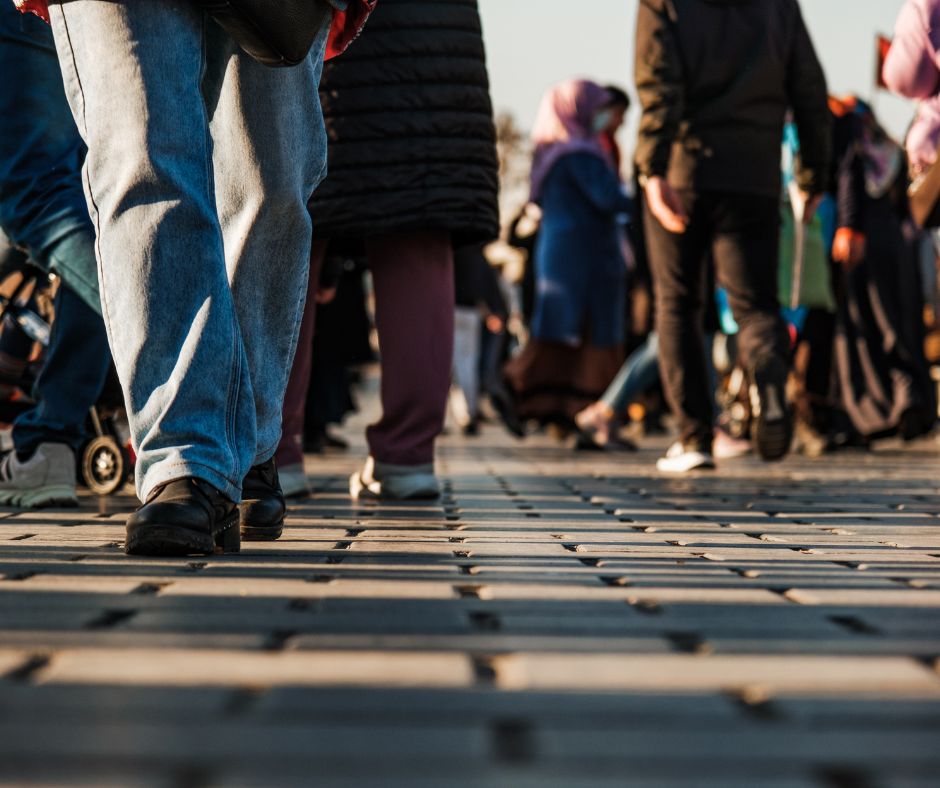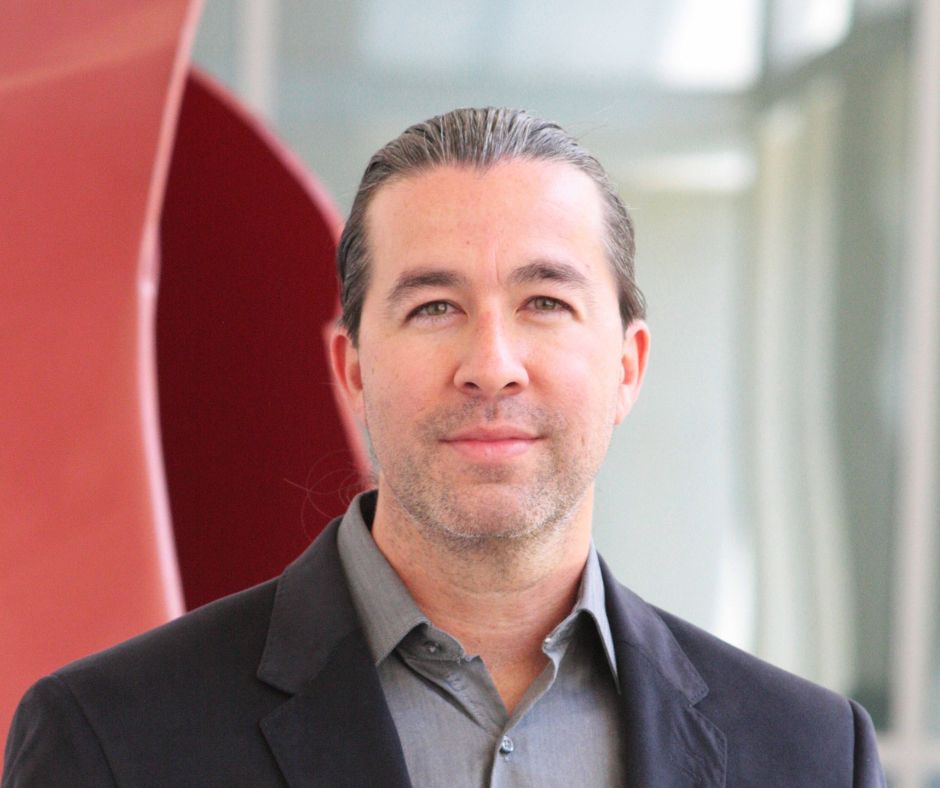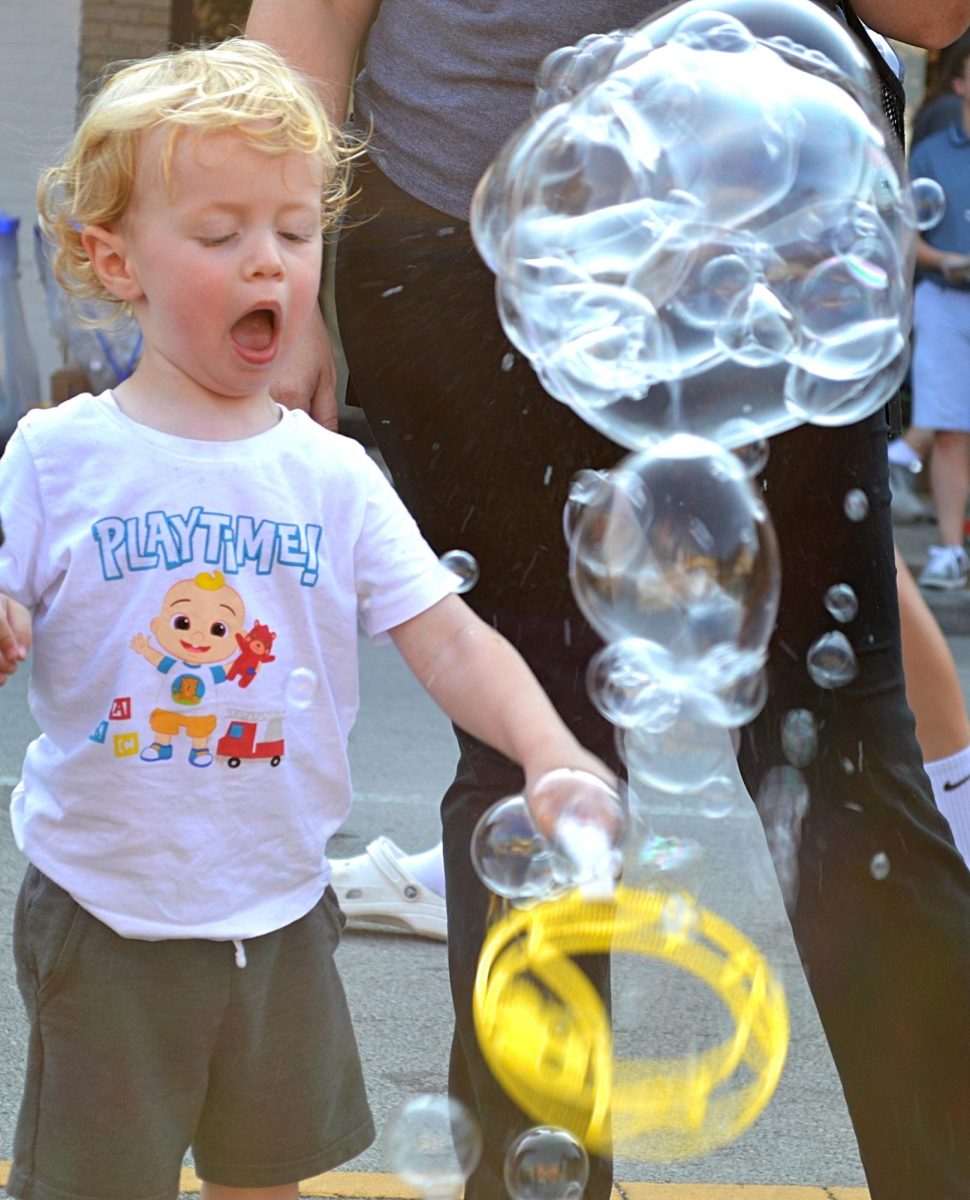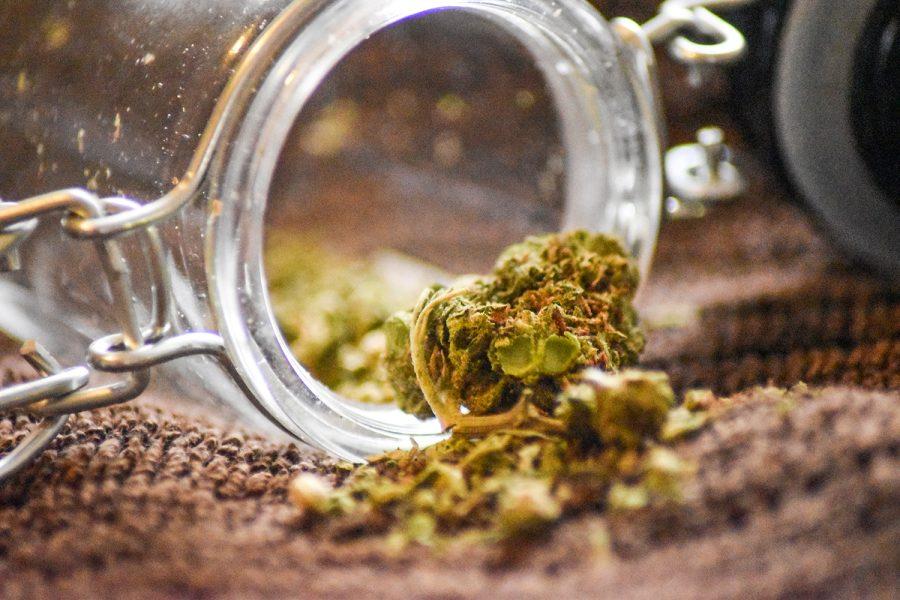A University Spanish class made student history during spring break by being the first group of University students to visit Cuba.
Another reason why the trip is considered historic is because Venezuelan dictator, Hugo Chavez, passed away while the students were in Cuba.
Most of the street stores and restaurants shut down for three days of mourning following Chavez’s death on March 5, said Torrie Ruiz, a University junior who went on the trip.
“I got the impression that Chavez represented hope for the Cubans’ way of life,” she said. “Some viewed him as a savior.”
Flags were flown at half mast and upbeat music was prohibited from being played in the streets out of respect for Chavez, said Chris Matthews, a University junior who went on the trip.
“Cubans thought of Chavez as a defender of small countries against the U.S.,” said Theresa Carter, a University teaching assistant who also went on the trip. “[The Cubans] were wondering what was next since they had someone who was looking out for them died.”
While the death of Chavez was significant for Cuba, the class remained focused on learning from their trip.
The Introduction to Cuba class was looking for a way to fuse experience with their studies.
“It was a short but immersing trip that tried to develop a relationship between [the University] and Cuban institutions,” said Pedro Porbén, the University assistant professor who organized the trip.
The trip looked to turn Cuba’s economic and cultural differences from the U.S. into a learning experience for the students.
Cuba is a communistic country, meaning the economy is controlled by the government and citizens can’t own private property.
At least, that’s how Cuba is advertised, but several University students discovered the opposite during their trip.
“It seemed like Cuba could be moving towards capitalism,” Matthews said.
“Cubans can own private property like houses, cars and businesses,” he said.
Cuba and the U.S. have a difficult past and having American students visit the country was a long process, Porbén said.
Porbén started by visiting the University of Havana in Cuba to iron out the details for his students’ visit.
The University of Havana reached out to the Office of Foreign Assets Control, the U.S. government and the Cuban government to receive approval for student to obtain visas and enter the country for educational purposes only.
The entire process started in late 2011 and was finalized in October 2012, but the students didn’t receive their visas until two days before the trip began, Porbén said.
Despite the political hoops they had to jump through, the class believes the entire process paid off.
“The interactions we were able to have with the natives really made the trip worth it,” said Adrianna Darris, a University junior who went on the trip.
Some of the students learned the ins and outs of the Cuban economy and discovered they operate in a way that would seem backwards to U.S. citizens.
The service industry in Cuba operates as the main source for economic growth since Cuba is a popular country for tourism, Darris said.
While a college education is free for all Cubans, it may not be the most popular way to get into the workforce given the booming tourism industry, she said.
Professions such as doctors and lawyers don’t make as much as professions that deal with tourists, Darris said.
Despite this reality, some Cubans believe “money isn’t everything,” she said. “The American dream is to make it out of poverty, but the Cuban dream is to contribute to the community.”
Despite its differences with the U.S. some students believe a change towards capitalism could be coming for Cuba.
“If you have the opportunity to go, you should,” said Anna Nahay, a University junior who went on the trip.
“When you visit another country you learn about yourself; it helps give you an identity,” she said.













